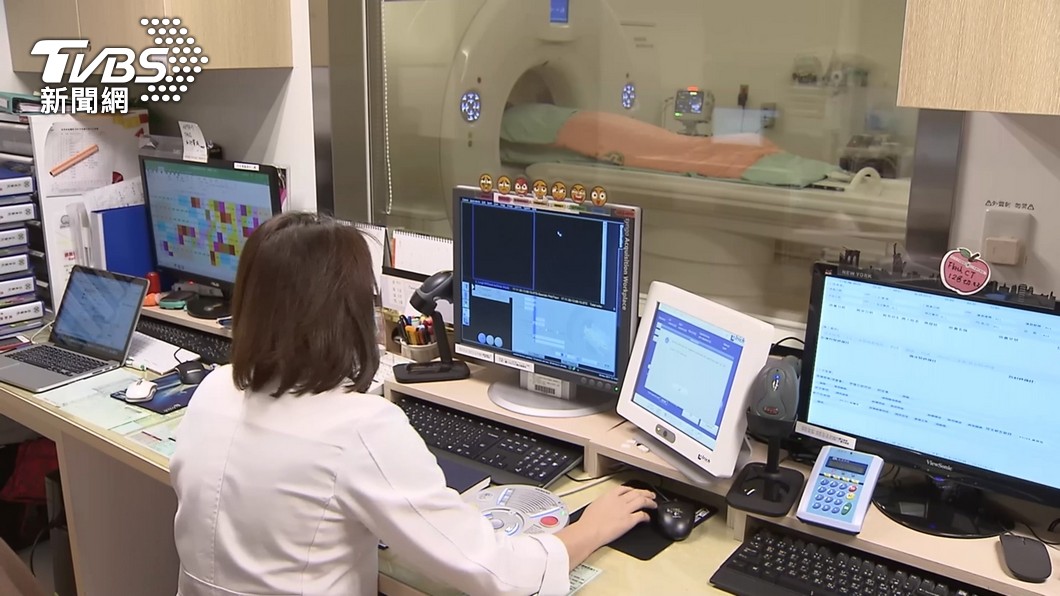TAIPEI (TVBS News) — Taiwan's legislature passed the third reading on bills touching on Regenerative Medicine on Tuesday (June 4), setting a landmark regulation that prohibits the use of cells from infants and individuals unable to give consent.
This legislation, a first of its kind, aims to safeguard the rights of the most vulnerable in society while paving the way for advancements in medical treatments using genes, cells, and their derivatives.
The new law outlines the scope of regenerative medicine, including treatments, repairs, or replacements of human cells, tissues, and organs.
It mandates that any cell donations from adults incapable of giving consent must be notarized by a legal representative.
Moreover, medical institutions face fines ranging from NT$2 million to NT$20 million if they conduct regenerative medical procedures without proper authorization.
This stringent regulation ensures that all regenerative medical treatments undergo human trials, except under special circumstances, to protect patients' lives, physical health, or well-being.
In conjunction with the bills on Regenerative Medicine, the Regenerative Medicine Products regulation was also passed, requiring pharmaceutical companies to register and obtain a license for the manufacture and import of regenerative medicine products, valid for five years.
The government commits to annually publishing the outcomes of regenerative treatments, including the number of cases, treatment effectiveness, and adverse events.
This transparency aims to provide remedies for significant injuries or deaths resulting from these treatments.
Legislators from both the Democratic Progressive Party (DPP) and the Kuomintang (KMT) have expressed their views following the passage of the bill, highlighting the bipartisan support for this groundbreaking legislation.



